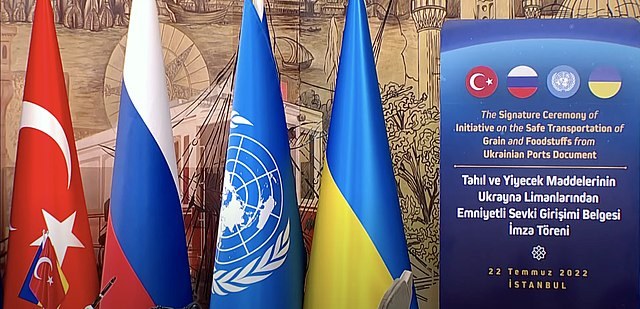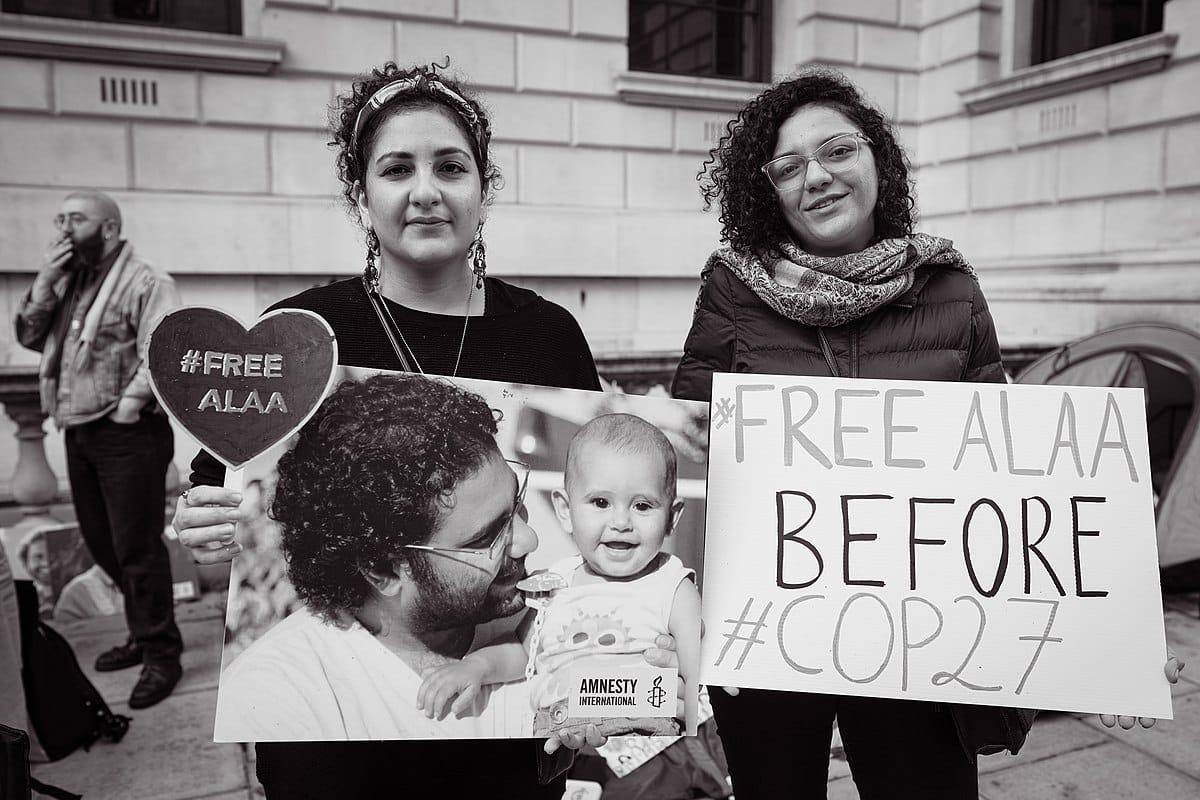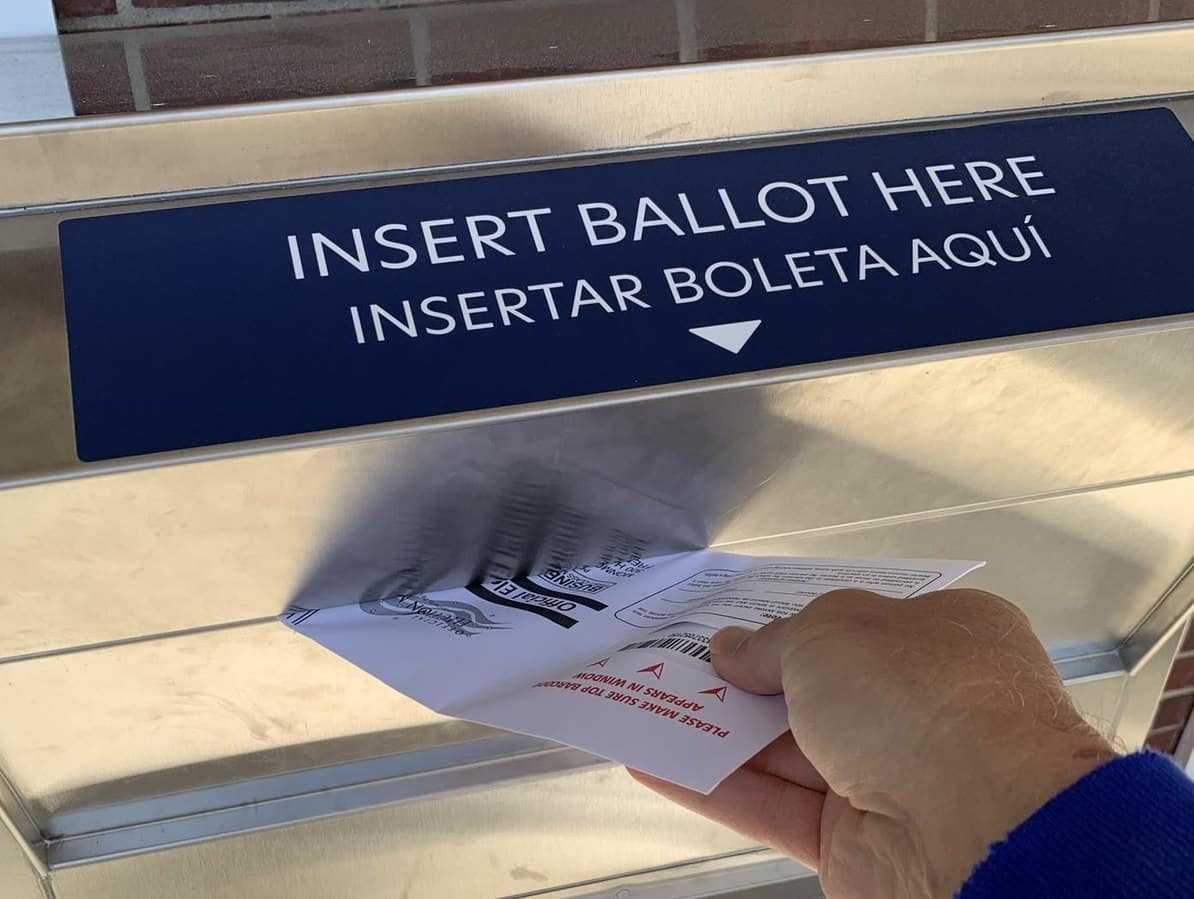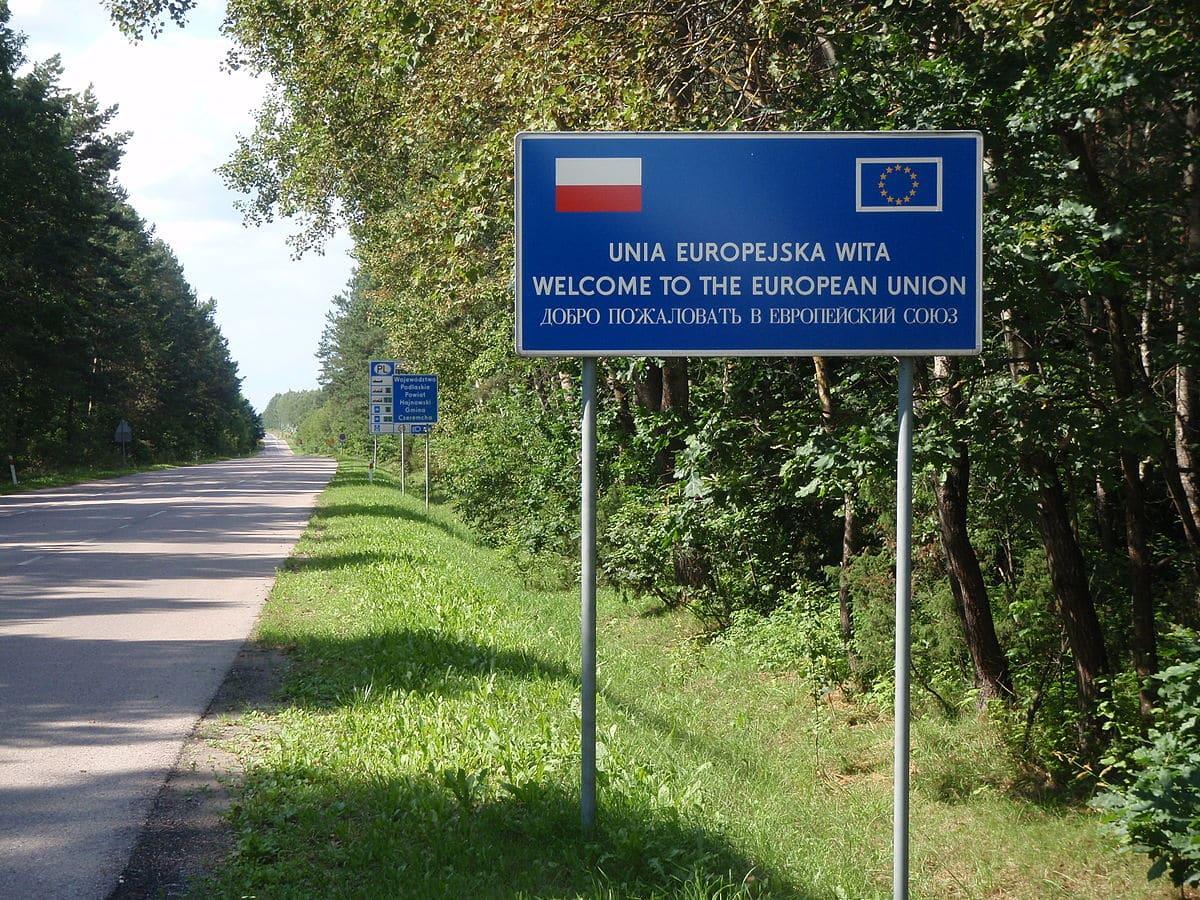Welcome to our roundup of news and current events related to ethics and international affairs! Here’s some of what we’ve been reading this past month:
 The original signing of the agreement was in July 2022 in Istanbul. Photo credit: International Maritime Organization via Flickr.
The original signing of the agreement was in July 2022 in Istanbul. Photo credit: International Maritime Organization via Flickr.
NPR: Russia rejoins U.N. deal to ship grain from Ukraine, easing food insecurity concerns
At the end of October, Russia had withdrawn from the U.N. deal, brokered by Turkey, that allowed for Ukraine to ship grain. After an attack by Ukraine on Russia’s Black Sea fleet, Russia claimed that the Russian ships in the corridor were no longer safe. Russia’s withdrawal led to a sharp spike in global wheat prices, which once again raised concerns of potential global food shortages. After receiving a written confirmation from Ukraine that the corridor would only be used for shipping grain and not for military efforts, Russia rejoined the deal. Russia leaving this deal and closing the corridor could possibly lead to mass global hunger, particularly in the Global South. The deal is set to expire on November 19, although efforts are being made to extend it.
Read more about food and the global political economy, the ethics of the global food system, and the future of food in Ethics & International Affairs:
Introduction: Ethics and the Future of the Global Food System (2021: 35-1)
Food and the Global Political Economy (2021: 35-1)
 Alaa Abd El Fateh is another climate activist jailed in Egypt. Protestors ask for his freedom before the Cop27 in London. Photo credit: Alisdare via Flickr
Alaa Abd El Fateh is another climate activist jailed in Egypt. Protestors ask for his freedom before the Cop27 in London. Photo credit: Alisdare via Flickr
The Guardian: Egyptian regime criticized as climate activist arrested in run-up to Cop27
Egypt will be hosting the Cop27 UN Climate Summit this year. In the lead up to the summit, almost seventy protestors have been arrested. One protester, Ajit Rajagopal, an Indian national, was arrested for embarking on an eight-day walk from Cairo to Sharm el-Sheikh. Walking with a white sign explaining his protest, Rajagopal was arrested for not having authorization for the protest. He managed to call a lawyer, Makarios Lahzy, during his arrest, who then was also arrested and imprisoned for not informing the police of Rajagopal’s intentions. Neither could be reached for over twenty-four hours. When Lahzy’s family raised concerns, an outpouring of alerts on social media occurred, and the men were released. The Egyptian Commission for Rights and Freedoms (ECRF), one of the few remaining human rights organizations in Egypt, raised concerns about what these arrests mean for climate activists in the days leading up to the Summit.
Read more about climate justice, nonviolent resistance, and (un)civil resistance in Ethics & International Affairs:
Climate Justice and Informal Representation (2022: 36-2)
Backfire: The Dark Side of Nonviolent Resistance (2018: 32-3)
The Ethics of (Un)Civil Resistance (2019: 33-3)
 Photo credit: Lee Beaumont via Wikimedia Commons
Photo credit: Lee Beaumont via Wikimedia Commons
Al Jazeera: Promise of voting rights remains distant for those in US jails
In the lead-up to the U.S. midterm elections, voting rights activists have been focusing on expanding access to election materials for those who are incarcerated. Incarcerated Americans make up a large portion of non-voting Americans and face many logistical, educational, and bureaucratic obstacles to exercising the right to vote. First, each state varies in terms of voting requirements, and there are additional variations on the state and local levels. A state that may require an ID to vote would not accept an individual’s jail ID card. Moreover, some states do not consider incarceration a reason to receive an absentee ballot, and even if an incarcerated person receives an absentee ballot, they often cannot fill it out because pens are banned in prisons. While some prisons organize their own voting booths, the vast majority of those incarcerated, including those in pre-trial, face barriers when attempting to access election materials. This affects racial equality in voting even more, as non-white identifying people are disproportionately represented in prisons.
Read more about universal human rights, the state’s monopoly on violence, and citizenship rights in Ethics & International Affairs:
The Universal Declaration of Human Rights at Seventy: Progress and Challenges (2018: 32-4)
Rethinking the Nature of States and Political Violence (2021: 35-1)
Democracy, Exile, and Revocation (2016: 30-2)
 Belarus-Polish border circa 2016. Photo credit: Krzysztof Maria Różańsk via Wikimedia Commons.
Belarus-Polish border circa 2016. Photo credit: Krzysztof Maria Różańsk via Wikimedia Commons.
DW: Poland to build wall on border with Russia's Kaliningrad
Poland has made plans to build a wall on its border with Russia. The move has been sparked by the continued war in Ukraine as well as Poland’s memory of last winter, when Belarus weakened border control between Poland and Belarus, allowing many migrants from Asia and Africa through, whose greater aim had been entering the EU. At that time, Poland accused Belarus of using the migrants as a form of hybrid warfare and subsequently built a wall on the Belarus-Polish border. Poland, a staunch supporter of Ukraine, expressed concerns that Russia will similarly instrumentalize its Kaliningrad border with Poland. Russia recently began flights between Kaliningrad and North Africa and the Middle East, fueling Poland’s fear. As of yet, the border remains calm with no illegal crossings.
Read more about the war in Ukraine, migration policy, and class dynamics in migration in Ethics & International Affairs:
Ukraine, Intervention, and the Post-Liberal Order (2022: 36-3)
When Migration Policy Isn't about Migration: Considerations for Implementation of the Global Compact for Migration (2019: 33-4)
Borders of Class: Migration and Citizenship in the Capitalist State (2018: 32-2)